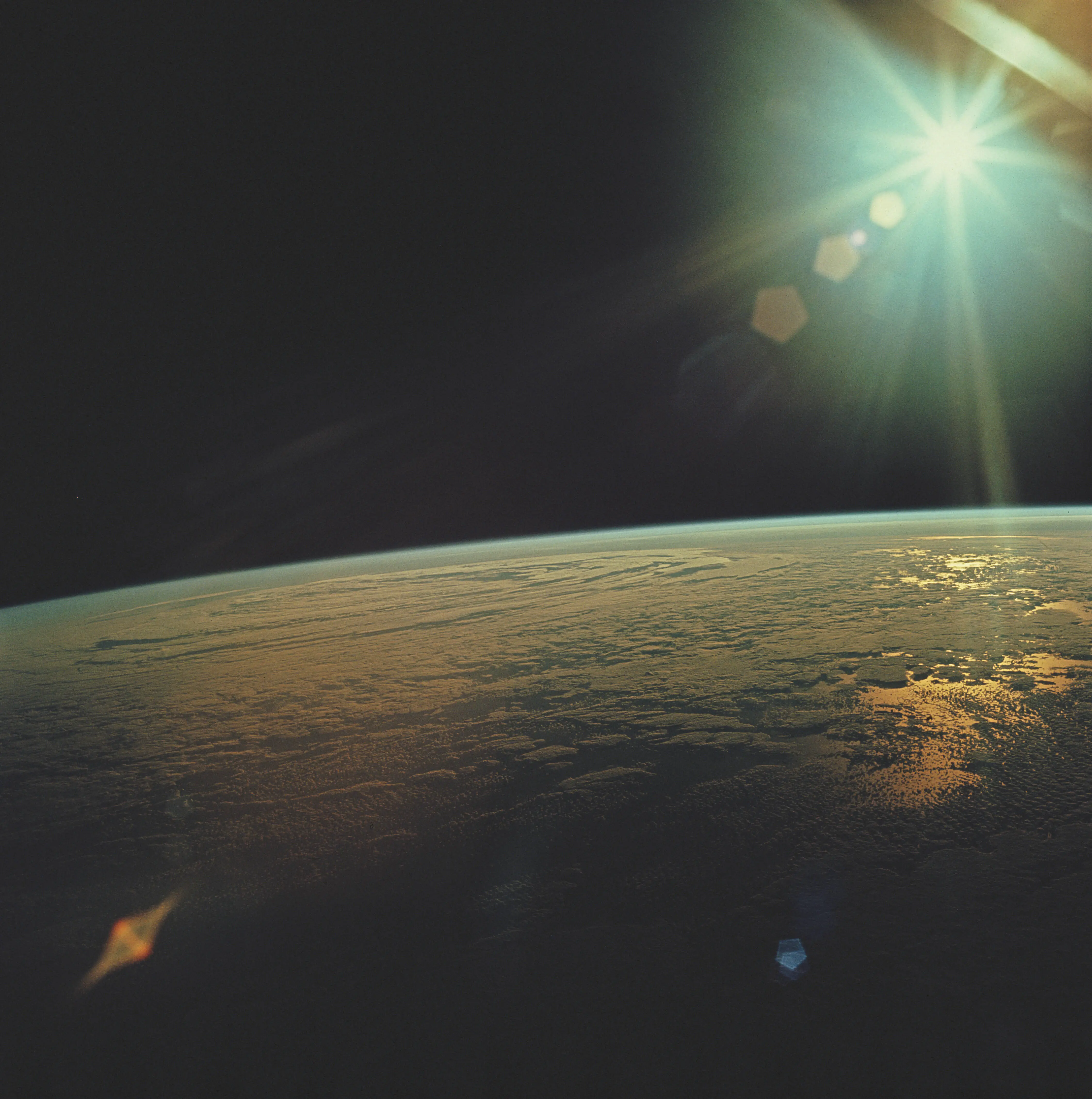Physicists predict when the universe could end in a dramatic ‘reverse Big Bang’ event
-
 The Earth as seen from orbit, during NASA's Apollo 11 lunar landing mission, July 1969. (Photo by Space Frontiers/Getty Images)
The Earth as seen from orbit, during NASA's Apollo 11 lunar landing mission, July 1969. (Photo by Space Frontiers/Getty Images)Scientists have shared a new theory about how the universe might end, not by fading away slowly, but by collapsing in on itself in what they call a “reverse Big Bang.” The idea suggests that after billions of years of expansion, the universe could start shrinking again, ending in a massive and fiery collapse known as the “Big Crunch.”
What the new study says
Physicists behind this research explained that the universe has been expanding since the Big Bang about 13.8 billion years ago. This expansion is driven by a mysterious phenomenon known as dark energy, which causes galaxies to move apart. However, according to the new study, dark energy may not remain constant forever. If it weakens or changes over time, the universe’s expansion could stop, and then slowly reverse.
That would mean galaxies, stars and planets would begin to move closer together. Over billions of years, everything in space would begin to collapse inward. In the end, all matter could be crushed into an extremely hot and dense state, much like how the universe began.
When could this happen?
Scientists say this event, if it happens, is billions of years away. It is not something that would affect life on Earth anytime soon. The study’s goal is to gain a deeper understanding of how the universe works and what might happen in the far future.
Previous theories suggested that the universe would continue to expand forever, slowly growing colder and darker — a scenario known as the “heat death.” However, the new idea presents a different possibility, where the universe ends in a powerful collapse rather than fading away.
What experts think
Researchers note that this theory is still just an idea and not a confirmed fact. More research is needed to understand how dark energy behaves and whether it could really cause the universe to shrink one day.
Future space missions and telescopes, such as the James Webb Space Telescope, could aid scientists in studying distant galaxies and gathering clues about the rate of expansion and evolution of the universe.
Why it matters
Even though this possible “reverse Big Bang” would happen far in the future, it helps scientists explore one of the biggest questions: how the universe will end. Whether it continues to expand or someday collapses back into itself, studying these theories provides humans with a better understanding of how the cosmos evolves over time.
TOPICS: Big Bang